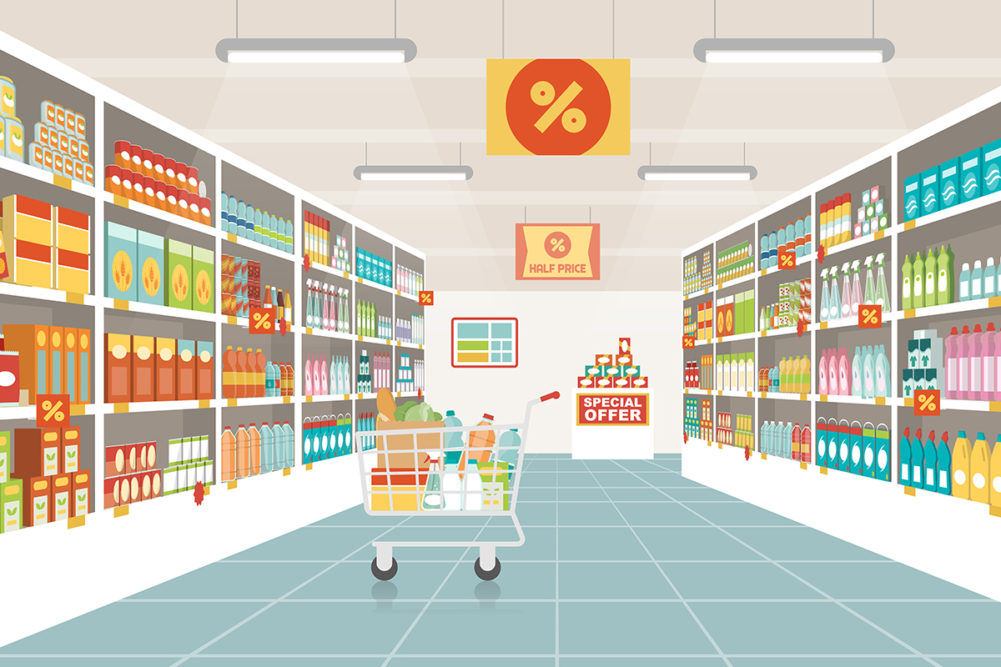After years of experimenting with co-manufacturers, brands have embraced this model of food production following historic global supply chain failures.
More than half (55%) now outsource more of their manufacturing compared to three years ago. Three-fourths are using at least some co-man resource, while almost half (47%) work with up to 10 co-mans.
Benefits of co-mans include: getting products onto shelves faster (36%), saving costs on facilities and equipment (27%), and circumventing labor shortages (13%).
Co-mans are a popular option for multiple functions: producing finished goods (75%), manufacturing component materials (36%), and sourcing and managing materials (20%).
While important competitive strategies, increasing NPD and working with co-mans introduce a host of new challenges. Technology is key to helping F&B brands unlock greater efficiency.
Dealing with never-ending paperwork (50%), complicated compliance regulations (49%), and sourcing complications (42%) are the top three stressors.
Nearly three-fourths (71%) of survey respondents say access to work automation tools like real-time risk flagging and information sharing are among the top two things that would help them improve their job performance. Other desired improvements include transforming the digital infrastructure (24%) and increasing headcount (22%).

